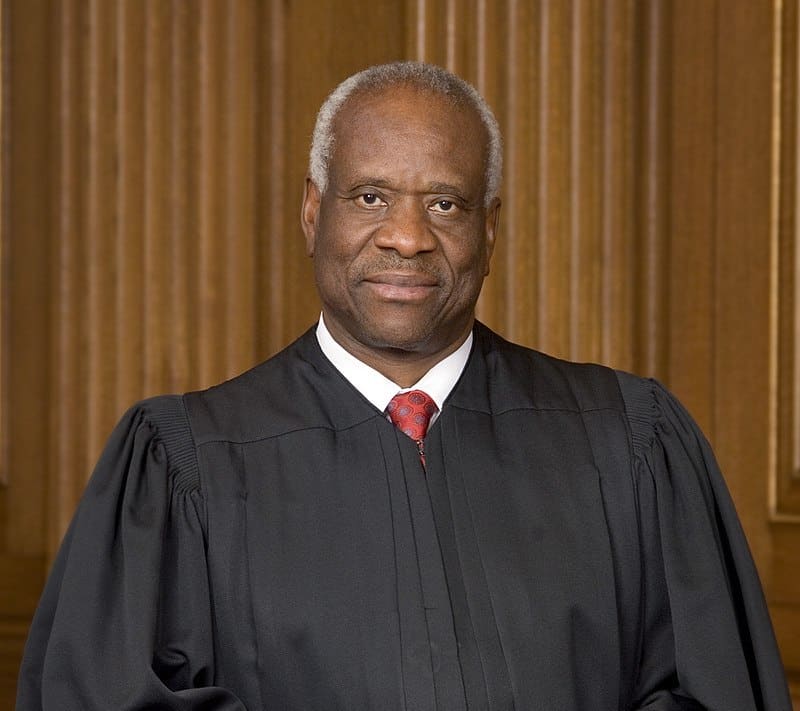Supreme Court Justice Clarence Thomas gained access to the wealthy through relationships he built with members of the Horatio Alger Association of Distinguished Americans, the New York Times reported Sunday.
According to the Times, Thomas was welcomed into the Horatio Alger Association Association just months after he joined the Supreme Court in 1991. Thomas then built relationships with wealthy conservatives within the non-profit scholarship organization, according to the Times.
The Times’ investigation discovered that Thomas received benefits from the members of the Association, as well as big-money conservative political donors, without disclosing many of the gifts and trips over the past two decades.
Reporting from the Times follows that of non-profit news outlet ProPublica starting in April, which revealed that Thomas had not disclosed hundreds of thousands of dollars in luxury vacations, real estate dealings and high-priced boarding school fees for his grandnephew from billionaire Republicans donor Harlan Crow.
The Times noted that David Sokol, an investor and former exec at Berkshire Hathaway, was among the numerous contacts Thomas made through the Horatio Alger Association. Sokol hosted the Supreme Court Justice and his wife, Ginni Thomas, at the couple’s properties in Montana and Florida, according to the Times.
The investigation further revealed that Thomas, an honorary member of the Association’s board of directors, has hosted an annual ceremony at the Supreme Court where the Justice placed Horatio Alger medals around the necks of new lifetime members.
Sokol is a member of the board of directors though Harlan Crow is not, according to the Association’s website.
Justice Thomas declined to respond to “detailed questions,” according to the Times.
Amid ProPublica’s reporting, Thomas has said he “was advised” that he did not have to disclose the luxury trips from Crow but that it is his “intent to follow” new guidance announced in March by the Judicial Conference, which sets policy for the federal judiciary.
Under the new guidelines, federal judges, including Supreme Court justices, are required to file financial disclosures identifying outside income, gifts and other information. While “personal hospitality” gifts are exempt from reporting requirements, the new rules clarified that “personal hospitality” of any individual must be extended for a “nonbusiness purpose” and does not include transportation “that substitutes for commercial transportation.”
Senate Judiciary Chair Dick Durbin (D-IL) has warned Chief Justice John Roberts that if the Supreme Court doesn’t end its practice of being virtually the only court in the U.S. without a formal code of ethics, Congress will create a code for it.


